Rutherford Cross’ Amy Borthwick operates in tax and treasury, and discusses the importance of candidate motivators in a candidate scarce market.
In candidate scarce markets where multiple offers are often presented, the impact of candidate motivators on lateral movements in the market is becoming increasingly clear.
With more and more millennials entering the job market at increasingly senior levels, workplace culture is changing. In general, millennials place more importance on life balance, culture, and values, than on status and remuneration. (You can find out more about this by reading Sandra McKinnon’s blog series ‘Is the Profession Facing a Succession Crisis’ )
At Rutherford Cross, we recently considered the top reasons for leaving current roles within the profession. In the tax and audit worlds, the general trends have been fairly consistent for the last year, and we have identified the most common motivators for moving job in order of importance:
- Flexible working
- Career Progression
- Remuneration
That flexible working is a serious consideration for candidates exploring the market is not news to the profession. Those accounting firms with official and unofficial flexible working policies, core hours, part time arrangements, and home working policies in place seem to fair better in the attraction of candidates than their less flexible counterparts.
However, one issue often cited as a reason for leaving current roles is a lack of access to managers and partners, which can impede development. It could perhaps be argued that remote or flexible working might be a contributing factor in this because teams get less face time with managers. If so, what can firms do to make the two balance?
Remote Working
Remote working is only effective if firms are set up for it – those which have not embraced a paperless work environment struggle with this, but those that are fully online and embracing ‘making tax digital’ can allow their staff to work from anywhere to suit their needs.
Employers that allow flexible and ‘at home’ working are placing a great deal of trust in their staff, which can have a positive effect on organisational culture and workforce satisfaction, not to mention productivity.
However, the level of flexibility should always be appropriate or sustainable for an individual role; client needs should come first, and we tend to find when interviewing candidates, that they do appreciate this.
Adapting Management Style
Firms should be making a conscious effort to train managers to develop a more ‘hands off’ approach to management and development, so long as productivity is there. However, this needs to be balanced off against addressing training requirements / areas for development. There should be at least one touchpoint session per week between managers and their direct reports – whether this be face to face or over the phone.
Making good use of technology can facilitate this. We see the technology sector managing this very well with the use of video link ups which can promote more national and international collaboration. This could be hugely beneficial for UK wide or global firms who could be sharing workflow between offices as each team will have different busy periods.
It also ties in nicely with career development as staff may have access to international work, which may put international relocations / secondments on their radar. Many of our Planning Your Career Journey events have concluded that those who have travelled abroad with work tend to do very well and much of the CFO / Partner community have done this as some point in their career.
What is clear is that there is a conversation needed around the level of flexibility that can be sustained by individual firms and roles. We are in the midst of a significant shift in workplace culture that is heavily skewed towards flexible working. As millennials continue to progress through the ranks and reach ‘decision maker’ level, it is likely that this change will accelerate. Until then, firms must consider all options to create an agile workplace.
To discuss your tax and treasury recruitment needs, contact [email protected]







